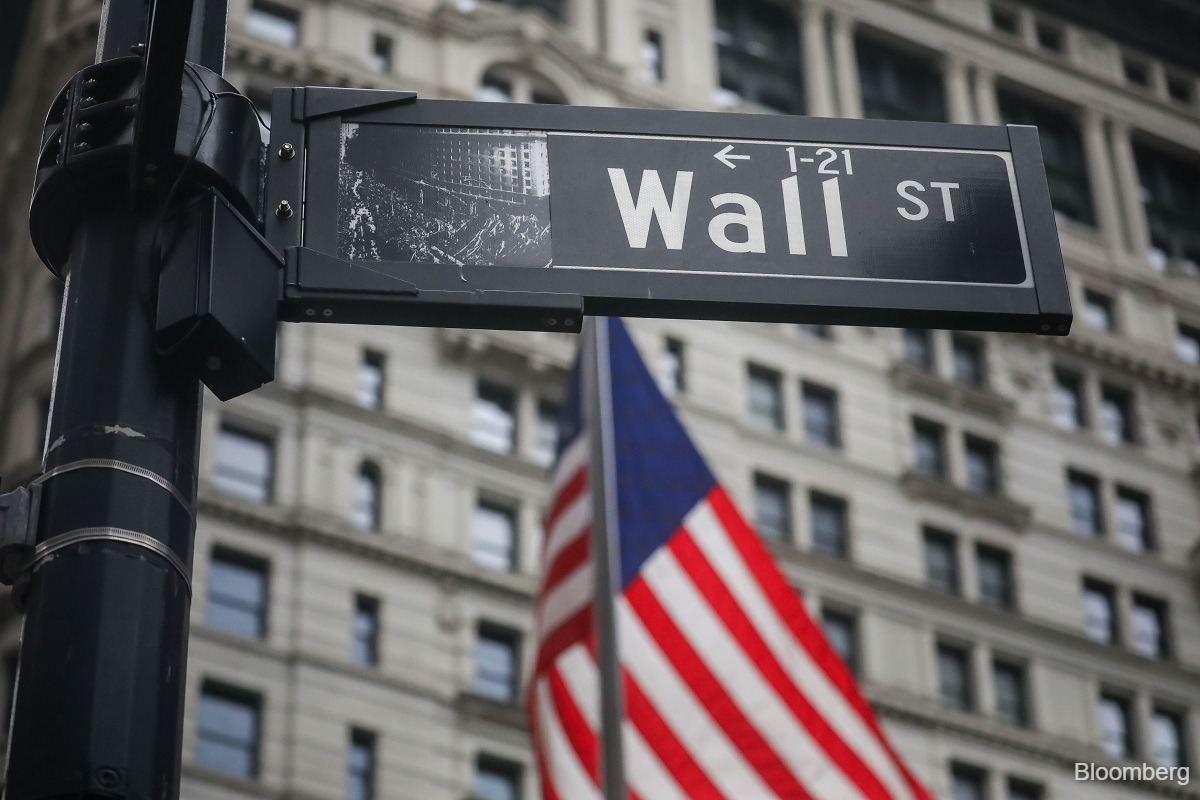(June 18): The S&P 500 declined on Tuesday as fears over a potential US involvement in the conflict between Israel and Iran caused traders to take risk off the table.
The S&P 500 Index closed down 0.8% in New York, while the tech-heavy Nasdaq 100 Index lost 1%. The VIX Index hovered near 22, and West Texas Intermediate traded at around US$75 a barrel. United Airlines Holdings Inc and Delta Air Lines Inc were some of the biggest losers in the S&P 500.
“The mix of downbeat economic data amidst an increasingly complicated foreign affairs situation has market participants adopting a somewhat risk-off posture,” said José Torres, a senior economist at Interactive Brokers. “Traders are reducing stock exposures in all sectors ex-energy and selling bitcoin.”
Fighting between Israel and Iran continued for a fifth consecutive day. Confidence in a potential containment of the hostilities suffered a blow as US President Donald Trump said he wants an end to Iran’s path to a nuclear weapon.
“The downside risks to today’s expensive stock market have become bigger than the upside potential,” said Miller Tabak’s Matt Maley. Comments from Trump, as well as Israeli Prime Minister Benjamin Netanyahu, mean that a ceasefire in the Middle East “is unlikely any time soon”.
Trump met with his national security team in Washington to discuss the escalating Middle East conflict, fuelling fresh speculation that the US is on the verge of joining Israel’s attack on Iran, Bloomberg News reported. Before the meeting, Trump had posted demands for Iran’s “unconditional surrender” and warned of a possible strike against the country’s leader.
If attacks by Iran halt traffic in the Strait of Hormuz, oil prices could spike to US$120 a barrel, according to Jim Reid, the global head of macro research and thematic strategy at Deutsche Bank AG.
“That would be a big negative for the equity market,” Reid told Bloomberg Television. “You would still think that it would be resolved at some point and you would have the same kind of playbook of a sharp fall and then a sharp recovery. But it would probably be bigger and take longer.”
Adding to the pain for equities on Tuesday was a tepid reading on retail sales. Data showed retail sales in May fell by the most since the start of the year, suggesting new tariffs are deterring consumers from spending, particularly on cars. Spending at restaurants and bars slumped by the most in two years.
“The US consumer has kept economic growth going despite the tariff threats and trade disruptions,” said Chris Zaccarelli, the chief investment officer of Northlight Asset Management. “If the consumer begins to roll over, then it could lead to layoffs and a vicious cycle of slower spending and higher unemployment.”
Attention now turns to the Federal Reserve (Fed), with a decision on a rate policy due on Wednesday. A fourth straight meeting without a cut could result in new criticism from Trump. At the same time, the Fed also has to weigh the impact of the new uncertainty introduced by Israel’s attacks on Iranian nuclear sites.
“There are multiple rate cuts priced for the Fed going into 2026,” said Naomi Fink, the chief global strategist of Nikko Asset Management. “These may be disappointed if inflation fails to come lower, whether due to tariffs, geopolitical risks, resulting supply chain shocks or delivery delays.”
Meanwhile, global stocks are expected to beat US equities over the coming five years, according to Bank of America Corp’s latest fund manager survey, adding to evidence that investors view America’s market dominance as coming to an end.
Some 54% of asset managers expect international stocks to be the top asset class, while 23% picked US stocks, according to the survey. Only 13% said gold will deliver top returns, and 5% are betting on bonds. This was the first time Bank of America’s survey asked investors to predict which asset class will perform best over a five-year horizon.
Among single stocks, the Magnificent Seven grouping of mega-cap tech companies traded lower on concerns over tensions in the Middle East. Jabil Inc shares climbed after the manufacturing-services company reported third-quarter results that beat expectations and raised its full-year forecast.
Uploaded by Isabelle Francis
